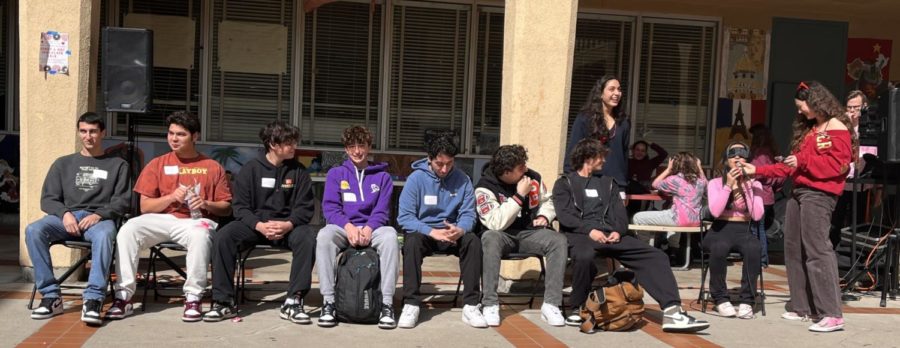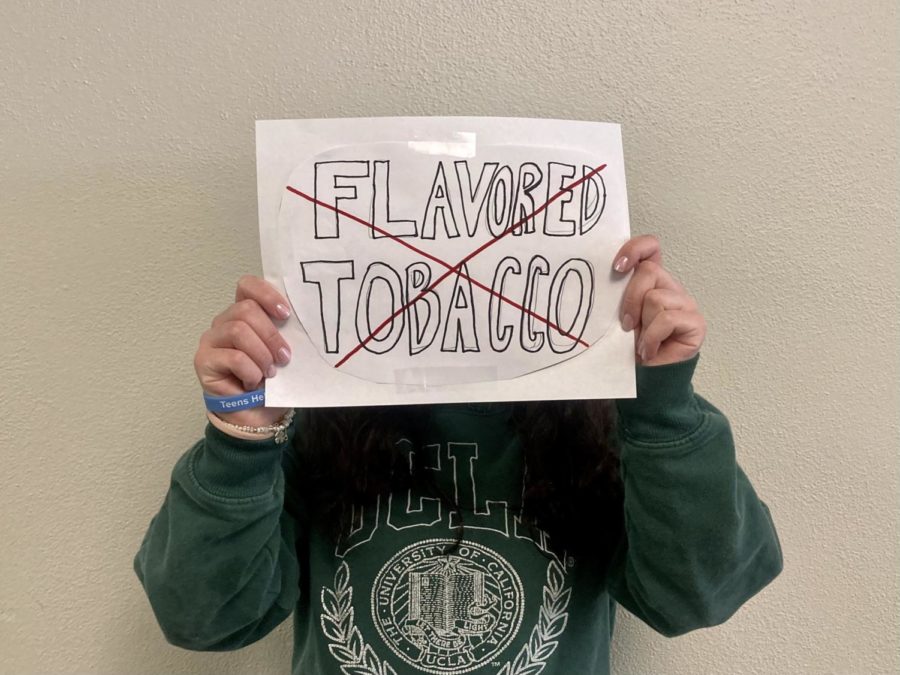Lauren Hannani culture editor
On Monday, May 14, the U.S. officially recognized Jerusalem as the capital of Israel by moving the embassy from Tel Aviv to Jerusalem, starting a series of violent protests that left dozens of soldiers and protesters injured or killed within the last week.
Dating back to the early 20th century, the Israeli-Palestinian conflict centers primarily on the control of Israel, particularly the capital, Jerusalem, which holds significant religious influence for both Jews and Muslims. Since Tel Aviv has served as the diplomatic capital of Israel for decades, this embassy decision is an impactful one for both groups.
While President Donald Trump’s decision to move the embassy has become a controversial topic throughout America and across the world, it has also become a conversation among students as well, including the large population of Jewish students at this school.
Junior Isaiah Berke, who says he is Pro-Palestine, is not supportive of the embassy move.
“It was a terrible decision,” Berke said. “The embassy should be a bargaining chip in Israeli-Palestinian peace talks, and giving it up will and has only resulted in bloodshed. Israel’s far-right government doesn’t want a two-state solution, and this plays right into their goals.”
Berke thinks that if he was in Trump’s position, he would make sure to force Israel to share the country with Palestinians so that Palestine can exist.
“I would threaten to cut the massive amount of military aid we give to Israel every year, threaten to abstain or vote for U.N. resolutions that criticize Israel to force [Prime Minister Benjamin] Netanyahu to the table, and publicly recognize Palestinians’ right to exist,” he said.
On the other hand, some students believe that this decision was one that needed to be made sooner than later to recognize Israel’s capital.
“It had to happen. Jerusalem is the capital, and all embassies are located in the capital of the country that it’s in, so it makes sense for it to happen,” senior Samantha Boudaie said. “I think the fact that Donald Trump, being one of the most disliked presidents in the United States of America, doing it didn’t really help, but I think it’s a good step for really establishing Israel’s existence and kind of stepping on the anti-Semitism.”
Although Boudaie feels sympathetic toward those who have died as a result of the protests, she is not surprised at the results of the violence.
“My heart goes out to everyone who was hurt, injured or who passed away as a result of the violence, but I ask myself, ‘You can’t hit a horse and not expect it to get mad at you.’ You’re attacking a country, you’re going to be met with force if you apply force,” Boudaie said. “There are so many better ways they can be expressing themselves. In every single article I’ve read, it’s all over Facebook, they always put Israel in the worst light, and it’s so unfair, because you can’t attack someone and not expect a response.”
Boudaie believes that this conflict between Israelis and Palestinians is primarily rooted in anti-Semitism.
“Everything is started by anti-Semitism…the only reason Israel had this problem from the start is because people believed that Jews shouldn’t have their own state,” Boudaie said. “That’s the entire anti-Israel movement: Jews don’t deserve to have their own state.”
Other students feel more conflicted over their feelings about the new embassy as the media covers more and more fatalities.
“I think that the embassy should have been moved to Jerusalem right after the Six Day War. Jerusalem is undeniably the capital of Israel. But as far as moving the embassy now in 2018, honestly I have mixed feelings,” senior Chloe Levian said. “As a pro-Israel Jew, I am elated, but after seeing the protests and all the lives lost, it is really alarming and horrible.”
Levian wishes that the protest over the embassy could have been done in a different, nonviolent way.
“It’s hard for me to comprehend the violence, because to me [moving] the embassy is long overdue, but many others don’t see it the same way,” Levian said. “The death count is really, really appalling. I just wish that it could have been dealt with in a more peaceful manner.”
Although she adds that she only hopes for peace between the two countries in the future, Levian admits she is not sure whether that it will be accomplished.
“I hope there will be peace [in the Middle East] in the near future, but I just don’t realistically see that happening anytime soon,” she said.
Senior Jonathan Tansey is also hopeful for peace in the future, although he agrees that he is not sure when or how it will take place.
“I think America’s role in this to simply encourage the two sides to talk,” Tansey said. “Our job isn’t necessarily to advocate for a certain peace agreement but just for peace in general, and however that can be arranged, I think America should support it.”
Tansey, who is not in favor of Trump’s decision, believes that the embassy move to Jerusalem is “representative of not recognizing the Palestinians’ right to the capital” as well. While he supports Jewish rights, he thinks that it is also possible to understand and back Palestinians’ beliefs as well.
“I think it’s essential for Palestinians as well as the Israelis to support the self-determination of the other group,” he said. “The only way for peace to happen is for Jews and Israelis to recognize the Palestinian right to Palestine and the Palestinians to recognize the Jews’ right to Israel.”
Berke is in support of starting a “boycott, divest, sanction movement” in the U.S. to fight for Palestine’s right to exist in Israel, while Boudaie says she feels like the only thing she can do is to “continue supporting Israel and being there for Israel.”
To learn more about the history between the two groups, click here.
Students voice opinions on Israel embassy move
May 19, 2018
0
Donate to Highlights
$125
$1000
Contributed
Our Goal
Your donation will support the student journalists of Beverly Hills High School. Your contribution will allow us to purchase equipment and cover our annual website hosting costs.
More to Discover







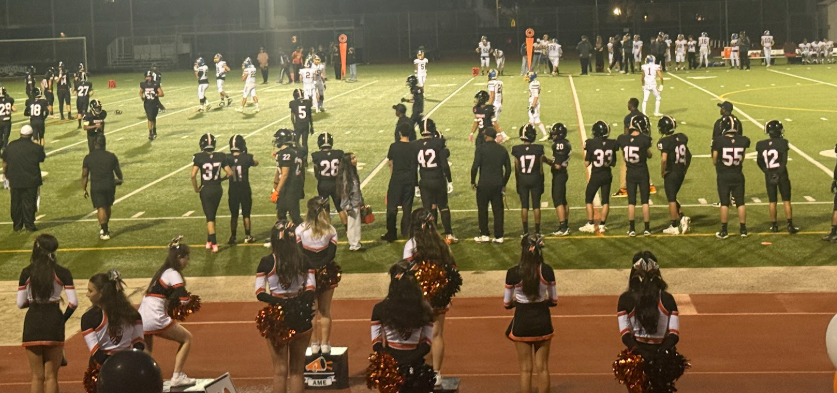
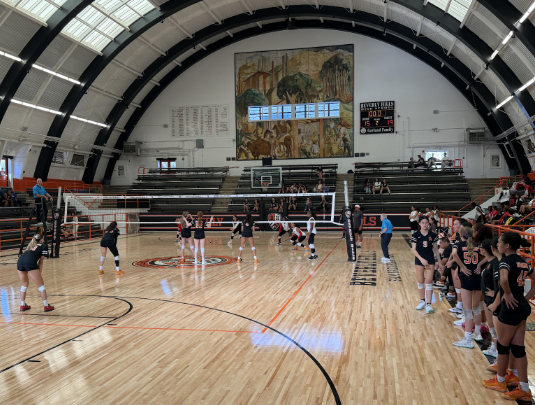











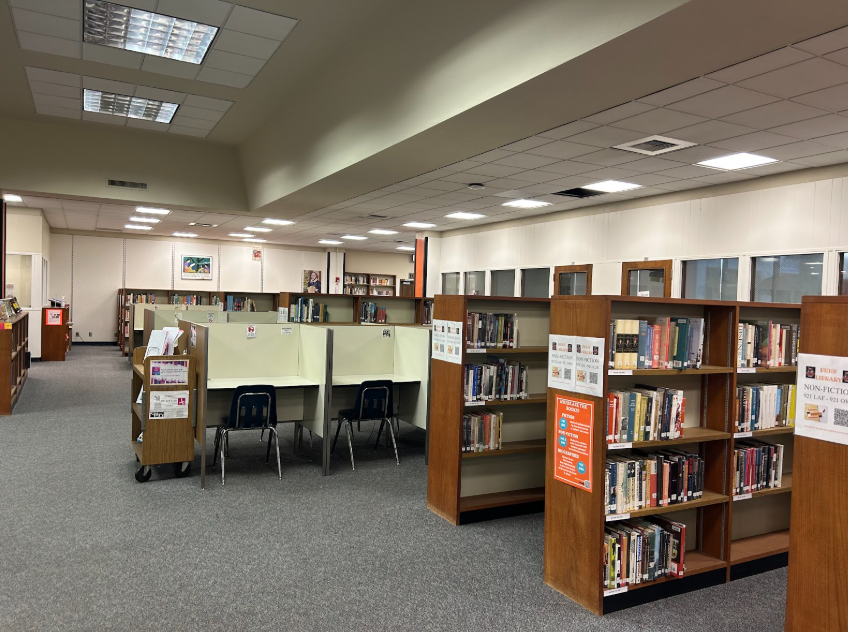



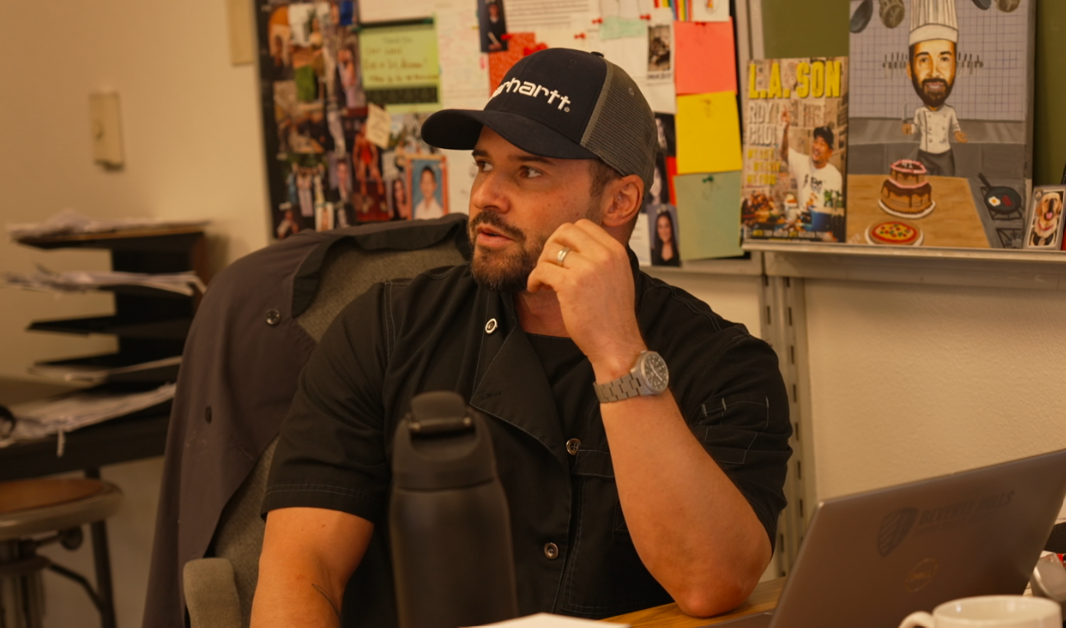





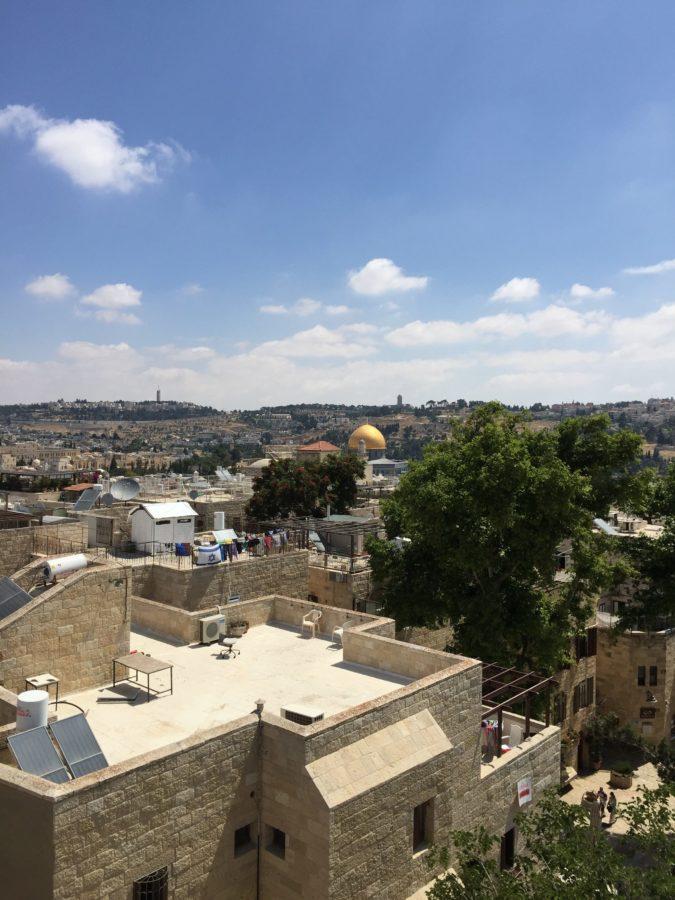



![Sophomores Jurnee Burrell-Williams and Bao Dang take cover during the lockdown (staged). “We both kind of didn’t know [what to think],” Dang said. “They usually send drill messages before.”](https://beverlyhighlights.com/wp-content/uploads/2023/02/E8D27FA0-AB24-4A26-9745-F7EEFF48FA93-900x736.jpeg)
